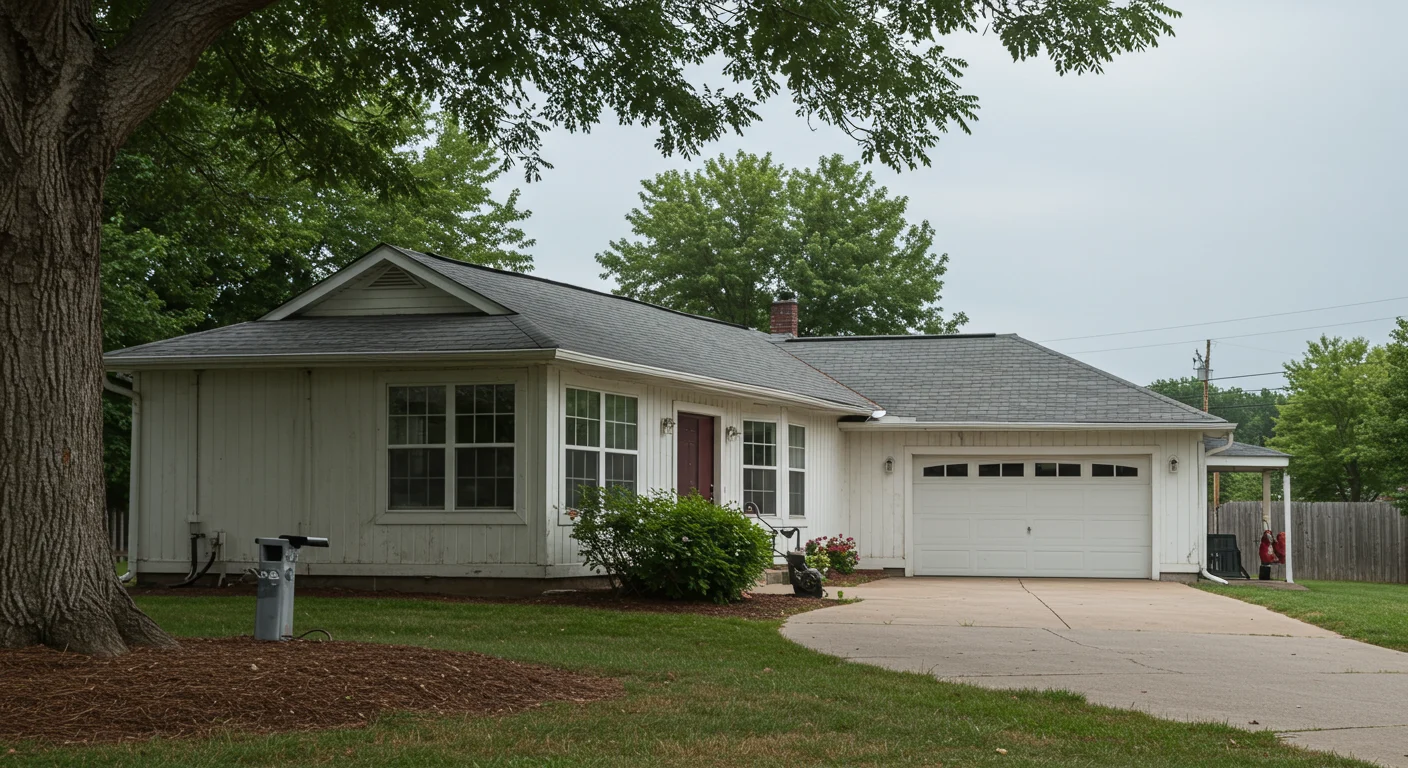
Is a Home Warranty Worth It for an Older Home? An Honest Look
Older homes have an undeniable charm, with unique character you just can’t find in new constructions. But that character often comes with aging systems and appliances that are more prone to breaking down. This is where the debate begins: is a home warranty for older homes a savvy financial safety net or an unnecessary expense? At Consumer's Best, we believe in providing clarity. Let's take an honest look at the value proposition of protecting your vintage property.
Why Older Homes Are a Special Case
Unlike their newer counterparts, older homes often operate on systems that have seen decades of wear and tear. Your HVAC, plumbing, electrical systems, and major appliances like the water heater or dishwasher are statistically closer to the end of their lifespan. An unexpected failure isn’t just an inconvenience; it can mean a four-figure repair bill without warning. A specialized home warranty for older homes is designed to address this specific vulnerability, providing a buffer against the financial shock of inevitable breakdowns.
The Pros: A Shield Against Uncertainty
The primary benefit of a home warranty is financial predictability. Instead of facing a sudden $2,500 bill for a new furnace, you pay a manageable annual premium and a small service fee when a technician comes out. This simplifies budgeting and provides significant peace of mind. Furthermore, reputable warranty companies maintain a network of pre-screened, licensed contractors. When your air conditioning dies in a heatwave, you make one call to your warranty provider instead of scrambling to find a trustworthy technician with availability.
This streamlined process saves you time, stress, and the uncertainty of vetting professionals during an emergency.
The Cons: Understanding the Fine Print
No service is without its limitations. The biggest pitfall with a home warranty for older homes is not understanding the contract's exclusions. Most plans will not cover pre-existing conditions, so an inspection before purchasing a policy is wise. There can also be coverage caps, meaning the policy will only pay up to a certain amount for a specific repair or replacement. Finally, the warranty company, not you, decides whether to repair a faulty item or replace it. This can sometimes lead to a functional, but not ideal, fix when a homeowner might prefer a full replacement.
The Verdict: A Smart Move for the Right Homeowner
So, is it worth it? For a homeowner of an older property who values budget stability and wants to avoid the stress and high cost of sudden repairs, a home warranty is often a very smart investment. It’s a tool for managing risk. However, if you have a large emergency fund, enjoy DIY repairs, or have recently updated all major systems, the cost may not be justified. The key is finding a plan with transparent terms and comprehensive coverage that aligns with the specific needs of your property. To see which providers offer the best protection for aging systems, explore the detailed reviews and side-by-side comparisons from the experts at Consumer's Best.



















